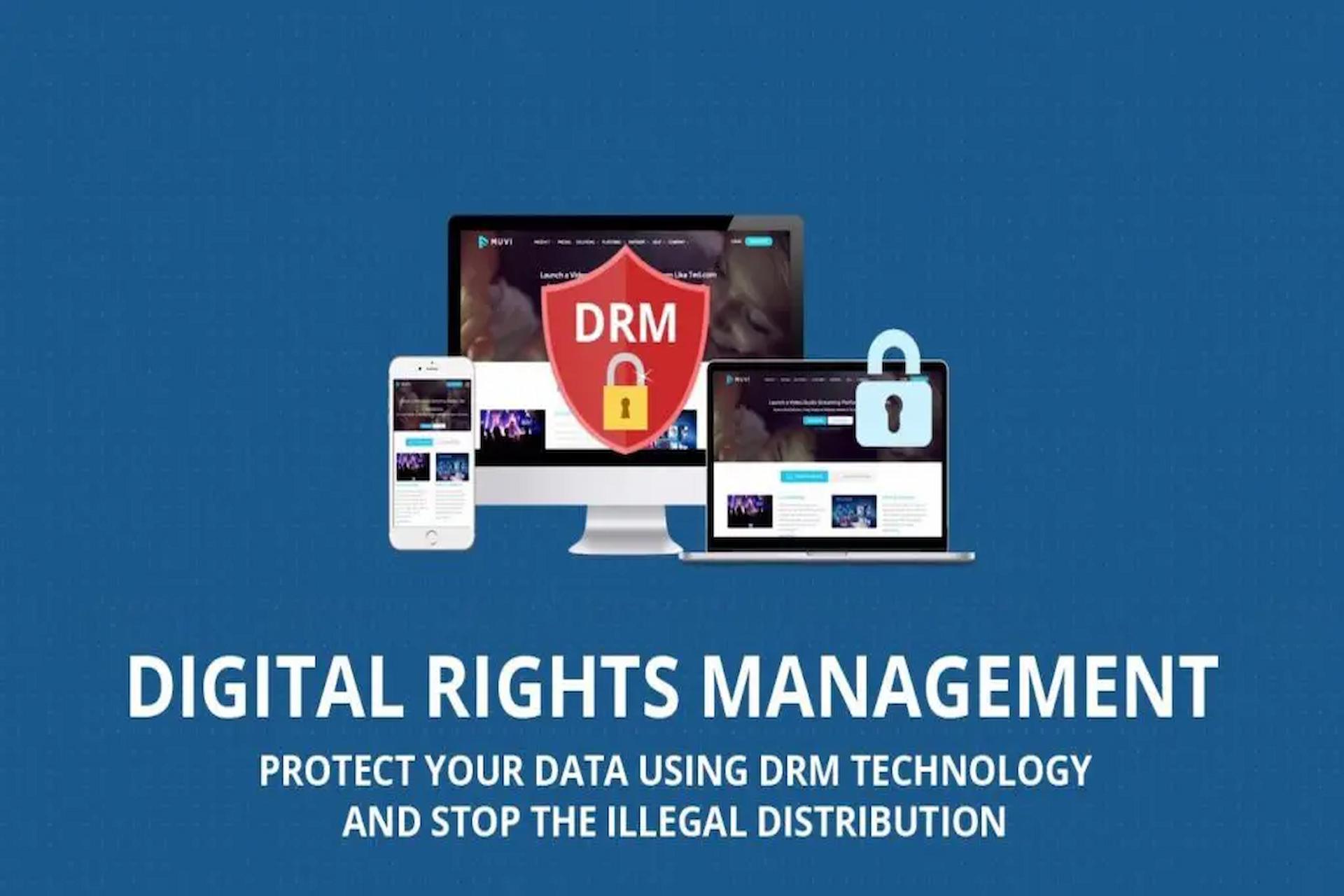DRM, or Digital Rights Management, can play an important role in securing confidential business information. DRM technologies and practices can help prevent unauthorized access, copying, and distribution of sensitive business data, such as financial reports, customer databases, trade secrets, and intellectual property.
Here are some ways in which DRM can enhance the security of confidential business information:
- Encryption: DRM systems can encrypt the data to make it unreadable without the proper decryption key. This can prevent unauthorized access to the data even if it is intercepted or stolen.
- Access Control: DRM systems can enforce access control policies that limit who can view, edit, or share the data. This can prevent internal and external users from accessing or modifying the data without proper authorization.
- Watermarking: DRM systems can embed digital watermarks in the data that can identify the source or owner of the data. This can deter employees or third parties from leaking or selling the data without being traced.
- Usage Restrictions: DRM systems can impose usage restrictions on the data, such as prohibiting printing, copying, or forwarding the data. This can prevent users from sharing the data with unauthorized parties or using it for unintended purposes.
- Monitoring And Auditing: DRM systems can monitor and audit the access and usage of the data to detect any suspicious or unauthorized activities. This can help identify and mitigate security breaches or insider threats.
DRM is also essential for protecting the revenue streams of content creators and owners. Without the ability to control access to their content, content owners would be unable to monetize their work effectively. The use of DRM ensures that only those who have paid for the right to access the content can do so, ensuring that content creators receive the financial compensation they deserve.
However, it is important to note that DRM is not foolproof. There have been instances where hackers have found ways to circumvent DRM systems, allowing them to access and distribute digital content illegally. While DRM can provide significant protection for intellectual property, it is not a perfect solution.
DRM is a crucial tool for protecting intellectual property in today’s digital age. It provides content creators and owners with the means to control access to their work, track its use, and protect their revenue streams. While DRM is not foolproof, it remains an essential part of any comprehensive intellectual property protection strategy.
By implementing DRM technologies and policies, businesses can better protect their confidential information from cyber threats, data breaches, and intellectual property theft. However, it is important to balance the security needs with the usability and convenience of the data for legitimate business purposes. A well-designed and managed DRM system can provide effective security without compromising the efficiency and productivity of the business operations.





